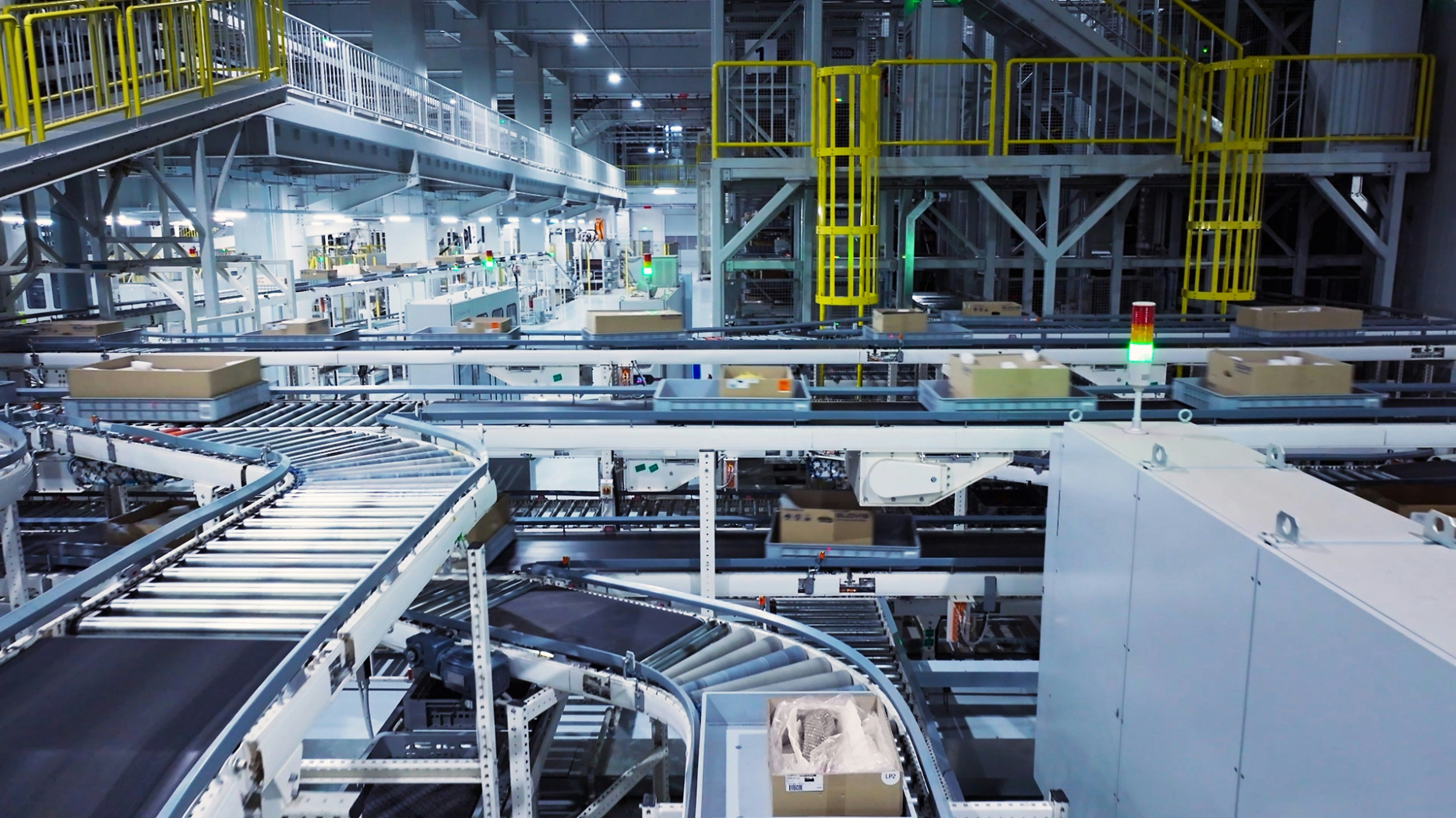
The freight forwarding industry is undergoing a digital revolution. Traditionally reliant on paper-based processes, phone calls, and physical documentation, the logistics sector is now embracing automation, smart technology, and real-time data to streamline operations. As businesses increasingly rely on global supply chains, the need for faster, more transparent, and more efficient cargo movement has never been greater.
Digital freight forwarding solutions are no longer a competitive advantage—they're a necessity. With the rise of e-commerce, consumer demand for faster delivery, and mounting pressure to reduce costs and carbon footprints, digitization offers a path to transformation.
One of the most significant advancements in freight forwarding is the development of real-time cargo tracking systems. These tools provide live updates on shipments as they move across countries and continents, enabling proactive decision-making and customer satisfaction.
Freight management platforms now integrate GPS, IoT sensors, and telematics to monitor cargo movement. Businesses can view shipment status, temperature, humidity, and potential delays instantly. This transparency helps logistics teams make smarter routing decisions and respond to disruptions more efficiently.
By automating tracking, businesses reduce the time spent on manual follow-ups, lower the risk of lost cargo, and improve coordination with customs and port authorities. The result is faster delivery, fewer penalties, and better service-level agreement (SLA) performance.
Artificial intelligence (AI) and robotics are reshaping warehousing and cargo handling processes. These innovations optimize storage, picking, and packing, leading to faster and more accurate shipments.
Automated sorting systems and robotic arms improve operational efficiency while reducing human error. AI-driven inventory management predicts stock levels, demand fluctuations, and reorder points, minimizing holding costs and maximizing throughput.
Warehouses powered by AI enable freight forwarding logistics solutions to meet growing demands for speed, accuracy, and scalability in global trade.
Blockchain is emerging as a game-changer for secure and transparent cargo documentation. It offers a decentralized and tamper-proof system for sharing shipment data among stakeholders like shippers, carriers, customs brokers, and consignees.
Smart contracts automate actions such as payments and customs clearance when predefined conditions are met. This reduces fraud, speeds up documentation, and ensures compliance across jurisdictions. For international cargo services, blockchain ensures a single version of truth that all parties can trust.
Major players in the shipping industry are piloting blockchain to manage bills of lading, cargo manifests, and port clearance, paving the way for faster, paperless trade.
Digitization creates multiple advantages for international cargo services, particularly for freight forwarders handling multi-country shipments.
These improvements elevate customer trust and allow freight forwarders to offer premium logistics services at competitive rates.
The digital transformation of freight forwarding is only beginning. Several forward-looking technologies are set to redefine the industry over the next decade.
As freight forwarding logistics solutions evolve, early adopters of technology will enjoy greater agility, reduced operating costs, and stronger market positioning.
Freight forwarding is entering a bold new era driven by digitization. From real-time cargo tracking systems to blockchain-enabled documentation and AI-powered warehousing, the transformation is reshaping how goods move across the globe.
Businesses that invest in smart cargo handling, international cargo services, and end-to-end freight tech today will lead the logistics industry tomorrow. The future of freight is digital, and it's already underway.